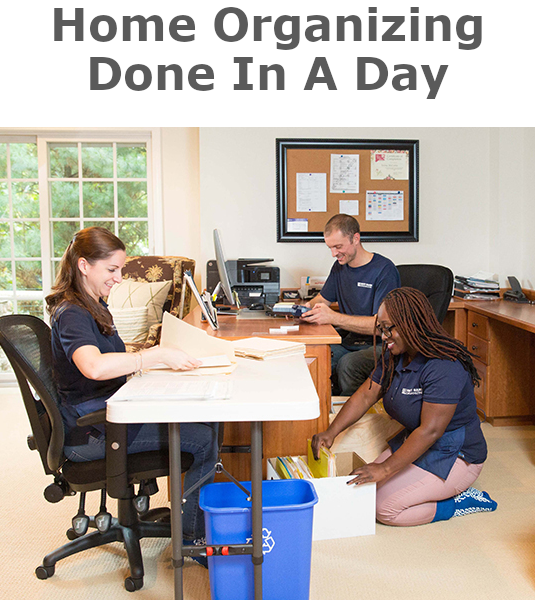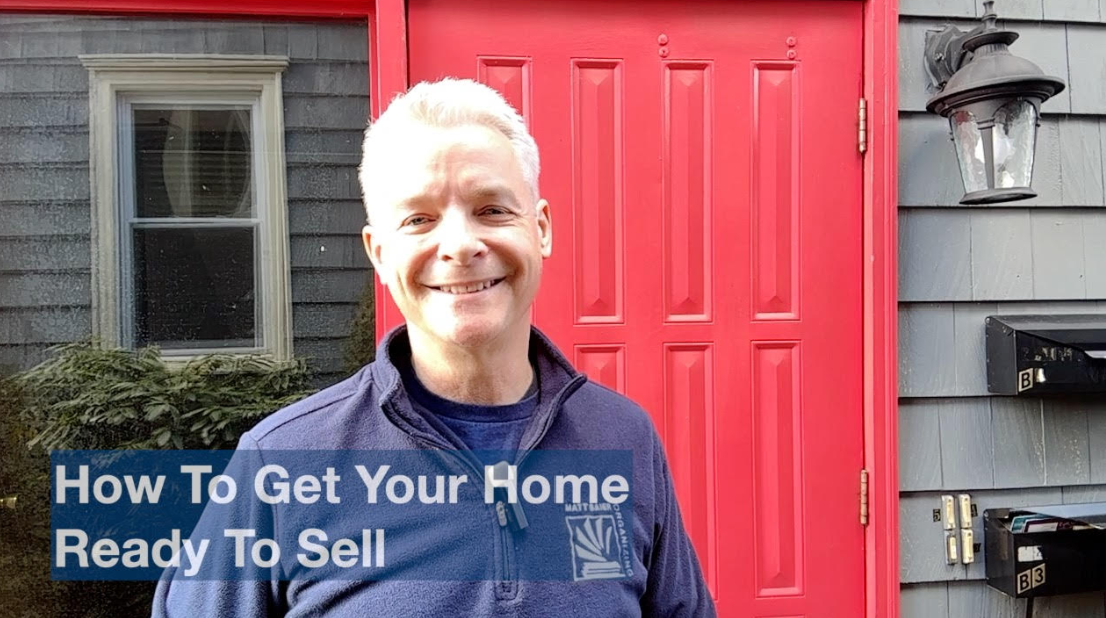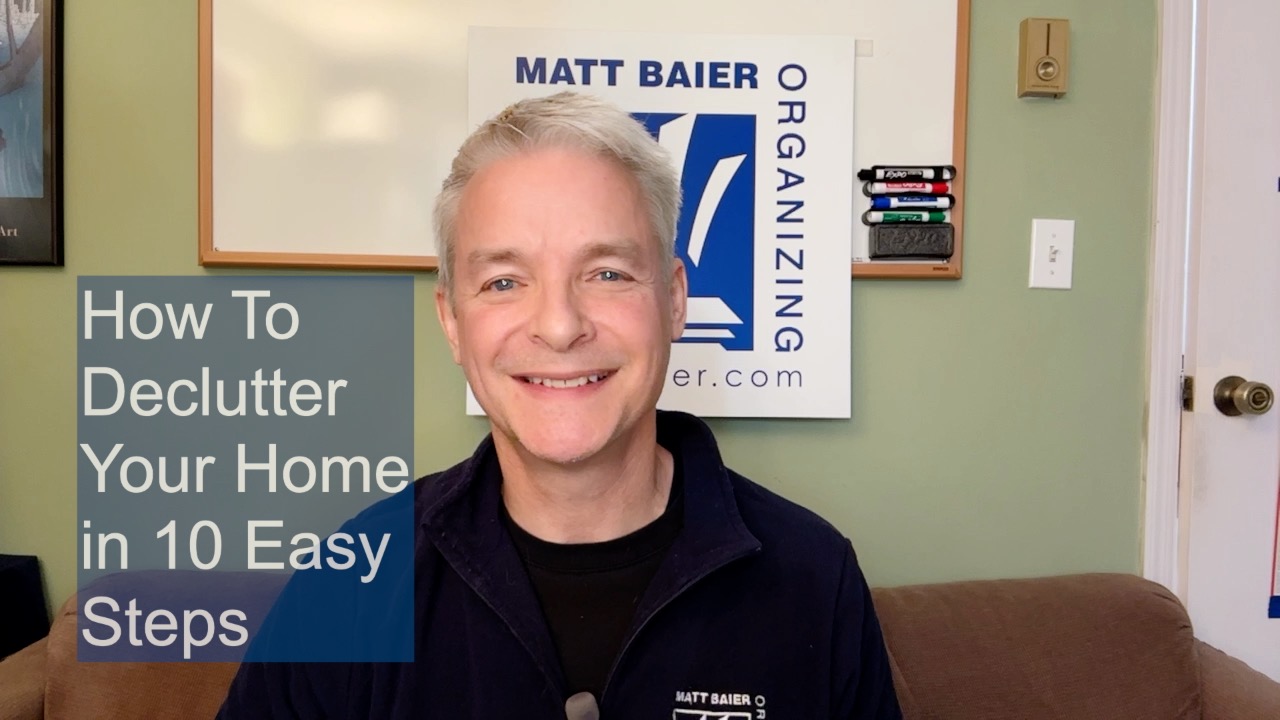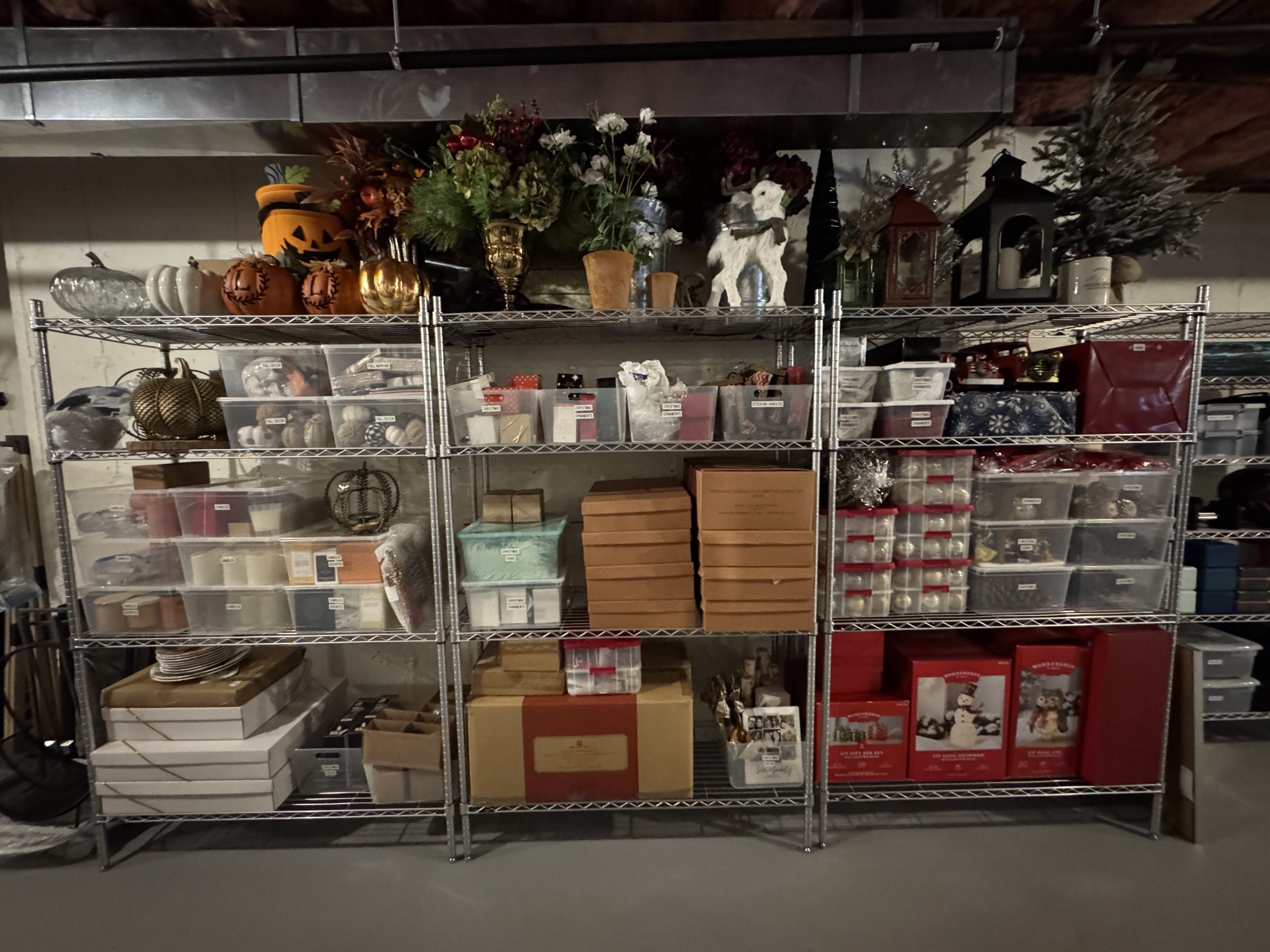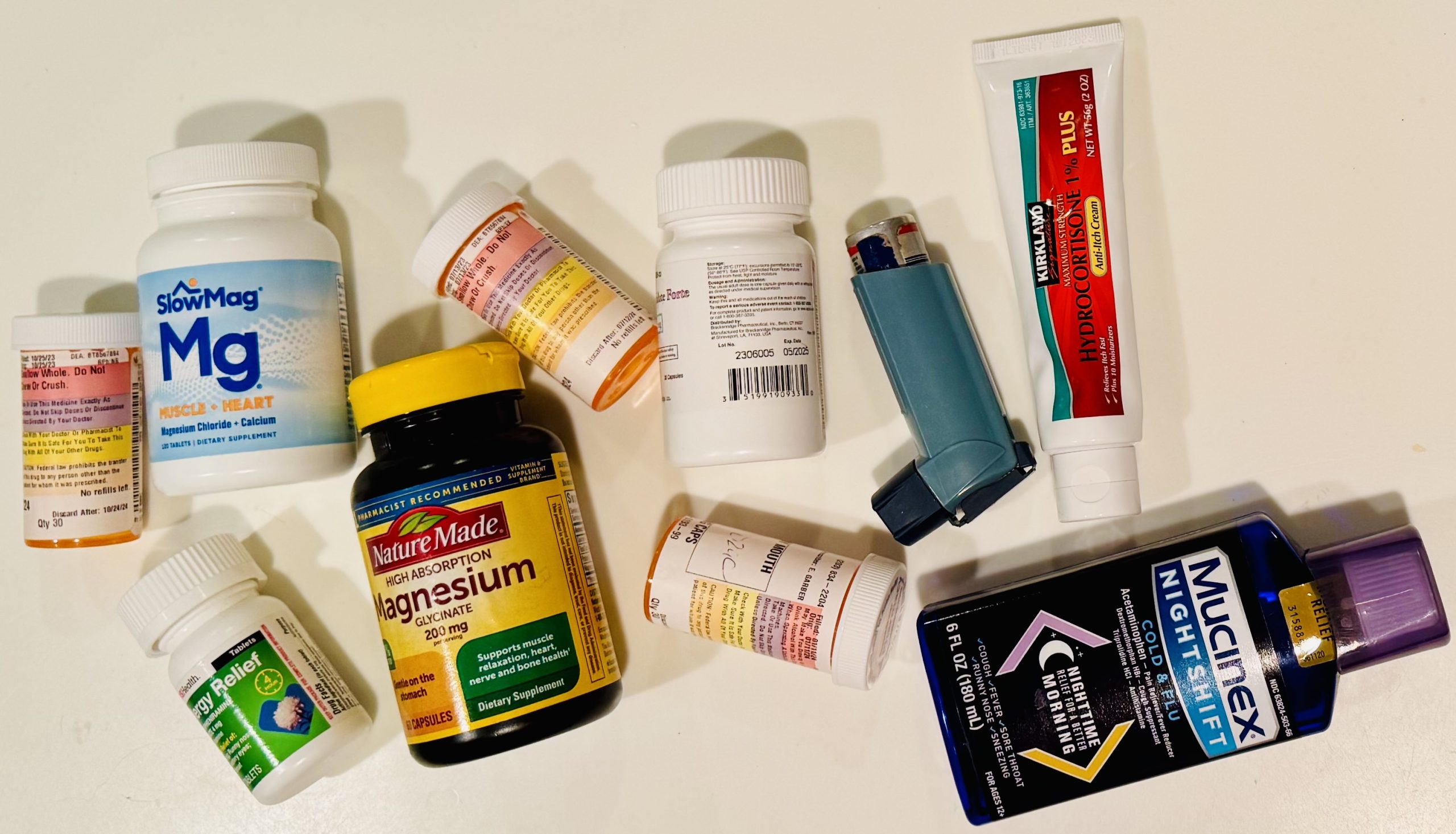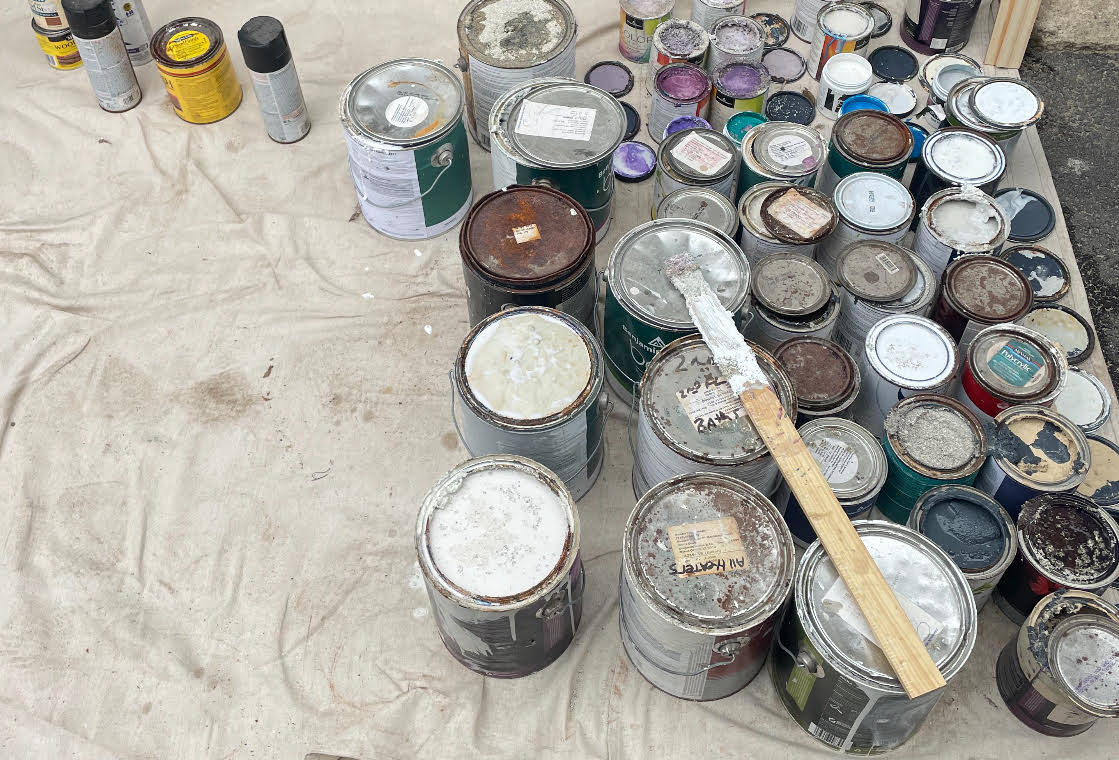I have a simple rule that helps me with staying organized: “Be kind to your future self.” I don’t have the time to act on every item that comes into my life when it arrives. So I know that I have to make some sort of plan to get back to that item. I’m sure this is true for every busy human on the planet. My advice with that plan is “be kind to your future self.” The reason I advise this is because it doesn’t take much for something to be a barrier. Your future self will appreciate it if you remove these barriers and make an item easier to return to. Because it doesn’t take much to be a barrier, it doesn’t take much to remove it. Here are some examples.
1. Prioritize first
You can complete any task or project more quickly if you have prioritized first. For example, you can process the daily mail more quickly by prioritizing first. In fact, I recommend only sorting mail by priority when it comes in . As a result, you give yourself a clear work surface and you make all next stages easier. Your future self will appreciate having just the bills to pay in one place at bill-paying time.
2. Out of the envelope
Speaking of mail, there’s more that you can do with it to be kind to your future self. For every envelope that isn’t obviously junk mail, slit it open quickly. It’s never kind to your future self to keep things in envelopes. Envelopes are concealers and represent more barriers. Also you can reduce your mail by 75% just by opening your envelopes. Get rid of the outer envelope, inserts, and return envelopes (if paying online) immediately. Once you have done that and opened up the statement (or letter) you have 25% of the thickness. You may also see that you don’t need what’s left at all and you are left with 0%. Yay!
3. Compelling side out
Speaking of opening a folded statement or letter, ALWAYS do that. When you leave things folded, you can’t know what’s inside instantly. By keeping it open you increase your odds of identifying it and acting on it. If there is a cover letter with just an address on it, toss it. The idea is to leave the most compelling side visible, to maximize identification. If there is a compelling headline and image that is the best.
4. Limited to-do note
If you write notes to remind yourself, you might scrawl it quickly and find it hard to read later. My first piece of advice is, don’t write a to-do list. Write each to-do on a small Post-It. That makes it easier to prioritize your to-do’s. (See example #1). Besides being legible and bold, the note should be limited and include an action word. I also like to include a number indicating the amount of time I’d like to spend on the task.
5. Create “compelements”
In my book I write about “compelements,” which are simply elements that compel. Compelements are all about being kind to your future self. I cite several examples, but here’s one. Reserve a small surface near your front door just for items heading out the door. I call this a “launch pad.” Place items that you want to make a point of taking with you when you leave. When you leave, your launch pad should be completely empty. The launch pad should be as visible as possible. You can increase the visibility of an exiting item by angling it, hanging over the edge. That way it sticks out like a sore thumb and grabs your attention. That’s an element that helps compel you to action, a compelement.
Speaking of my book, it’s called The Circulation Solution because it’s based on the principle of Circulation Prevents Accumulation. By “circulation” I mean a plan for movement in a series of manageable reliable stages. When you make stages manageable and reliable, you are kind to your future self. So being kind to yourself may be the most important thing you can do to stay organized.
Please Share With Your Community
Related Posts
Testimonials
What some of our clients are saying
Imagine An Organized Home






